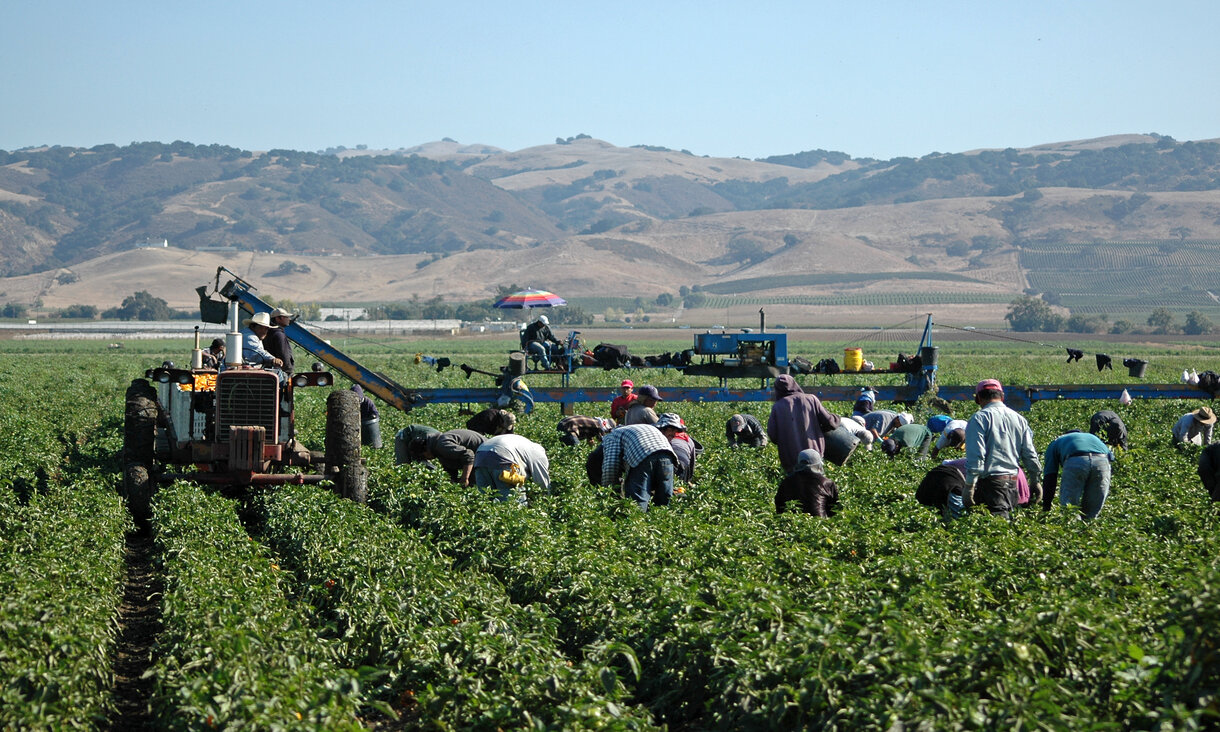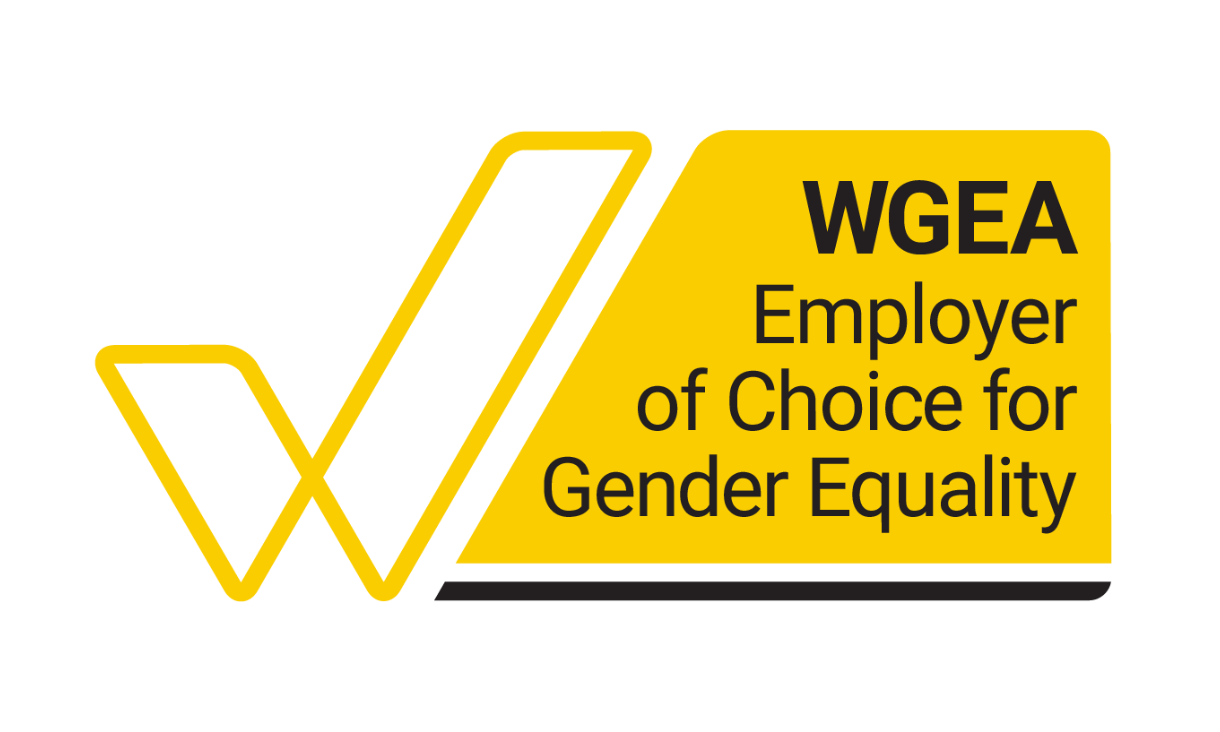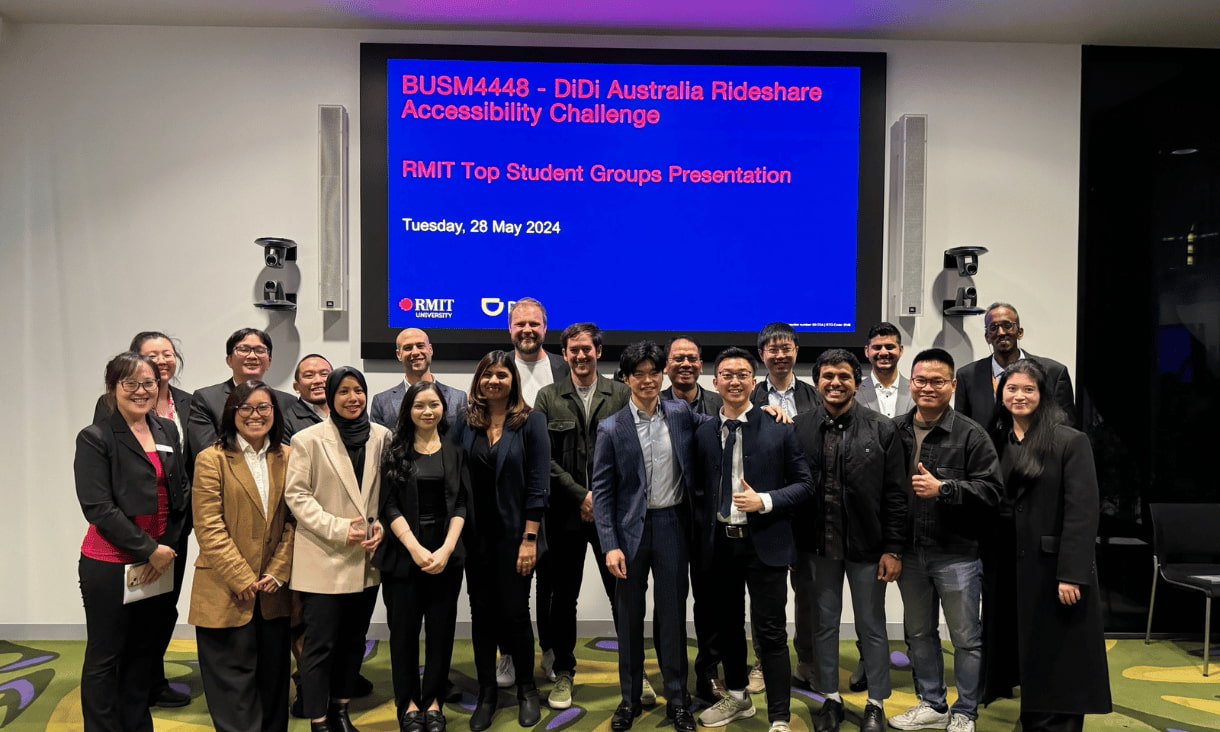First Nations human rights not well protected under Australian law
First Nations human rights - including cultural and land rights have been in the spotlight this year, with Rio Tinto’s decision to destroy the Juukan caves in Western Australia creating a huge backlash.
“It highlights the failings of Australian law, including Native Title law, to protect sacred sites and respect the decisions of Traditional Owners,” Marshall contends.
“Companies engaged in extractive industries in Australia need to start adhering to international conventions and covenants on rights of Indigenous peoples, as well as Business and Human Rights frameworks.
“There’s an urgent need for legislative reform at state, territory and federal levels to ensure that the fundamental rights of First Peoples are upheld,” she says, adding “companies need to take their obligations under Business and Human Rights frameworks much more seriously."
Artificial Intelligence an overlooked human rights issue
Powerful new technologies such as Artificial Intelligence (AI) are changing the way we live and work, but there is less focus on the human rights issues posed, according to BHRIGHT’s Dr Adam Fletcher.
"The Australian Government emphasises the benefits of existing uses of AI, such as more accurate predictions for better planning, safer workplaces, better detection of patterns of criminality and medical applications,” he says.
"But, these and other applications for AI often involve trade-offs in terms of privacy and security, which may have implications for Australians’ human rights."
It comes after the Government recently joined the Global Partnership on AI, which explicitly recognises human rights.
However, Fletcher notes “that ethical frameworks often lag behind technological developments,” and is urging “the Australian Government to acknowledge that many of the most important and relevant Australian values are already reflected in International Human Rights Law.
"Trying to forge a new ethical framework for international acceptance is unnecessary,” he concludes.
Story: Diana Robertson






